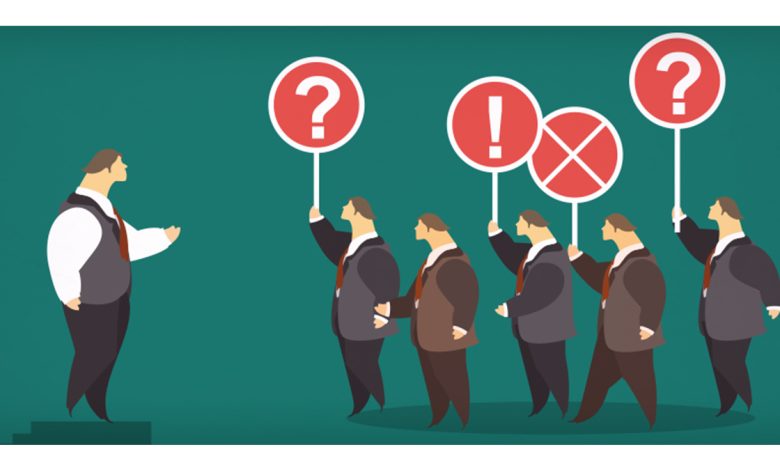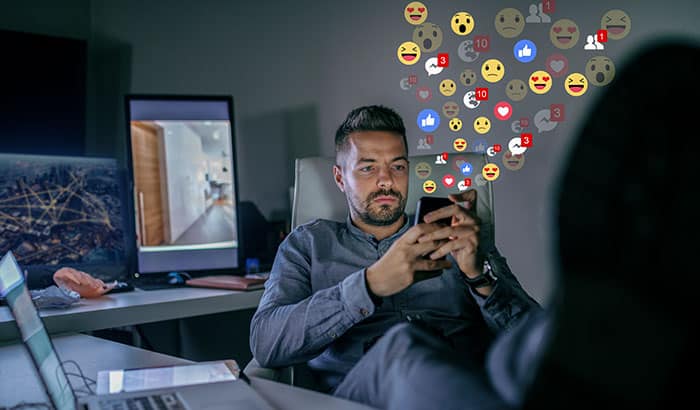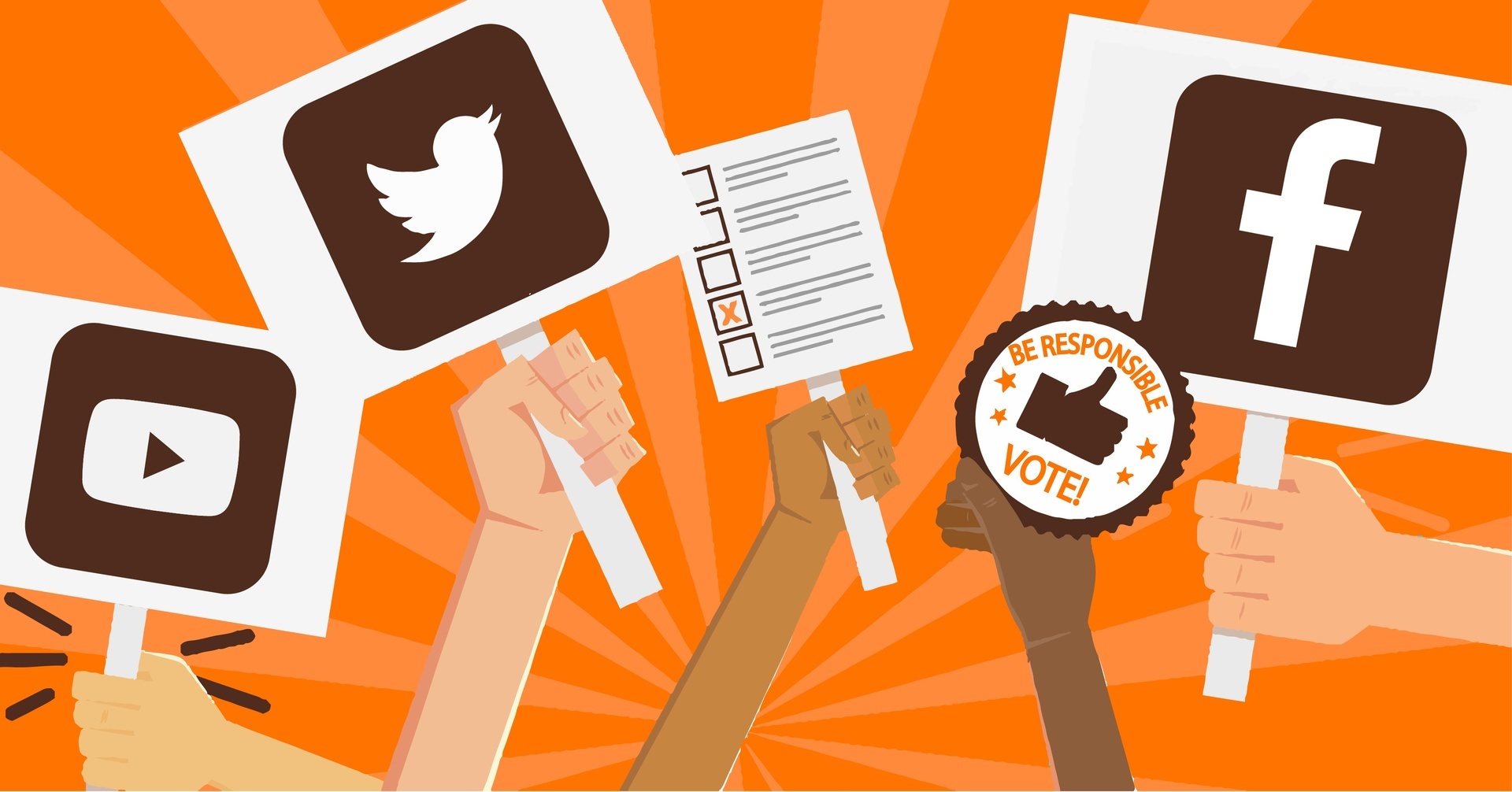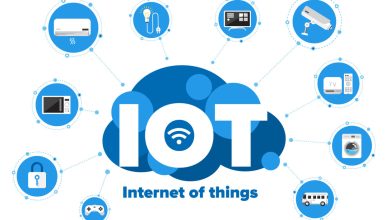Social Media and Public Opinion

What is the Impact of Social Media on Public Opinion?
Social media has transformed the way people communicate and share information. Platforms like Facebook, Twitter, and Instagram have become central to daily life. They shape public opinion and influence societal trends. Understanding this impact is crucial in today’s digital age.
The Role of Social Media in Shaping Public Opinion
Social media platforms serve as powerful tools for information dissemination. They allow users to share news and opinions instantly. This immediacy can amplify messages rapidly. When a post goes viral, it reaches millions within hours. This reach can influence how people think and feel about various issues.
Furthermore, social media enables individuals to express their views. Users can share their thoughts on political events, social movements, and cultural issues. This democratizes the conversation, giving everyone a voice. However, this can also lead to misinformation and polarized views.

The Spread of Misinformation
Misinformation spreads quickly on social media. False claims can go viral just as fast as accurate news. Users may not always fact-check before sharing. This creates challenges in distinguishing between reliable and unreliable sources.
Misinformation can significantly shape public opinion. It can lead to misunderstanding or fear about certain topics. For example, health-related misinformation during a crisis can cause panic. As a result, the spread of false information can have real-world consequences.
The Role of Influencers
Influencers play a significant role in shaping public opinion on social media. They have large followings and can sway their audience. When influencers share their opinions, their followers often trust and emulate them.
Brands also utilize influencers for marketing campaigns. This can create a perception of authenticity. However, it raises questions about the motives behind the messages. Are influencers sharing genuine opinions or promoting products?
The Impact of Social Movements
Social media has been instrumental in mobilizing social movements. Campaigns like #BlackLivesMatter and #MeToo gained traction through social platforms. They raised awareness and sparked conversations about important issues.
These movements often rely on social media for organization. Activists use platforms to share information and coordinate events. This allows them to reach a global audience quickly. Consequently, social media can amplify marginalized voices.
The Echo Chamber Effect
Social media can create echo chambers. These are environments where individuals are exposed only to information that aligns with their beliefs. Algorithms often curate content based on user preferences. This can reinforce existing opinions and limit exposure to diverse perspectives.
The echo chamber effect can lead to polarization. When people only see viewpoints that match their own, they may become more extreme in their beliefs. This division can hinder constructive dialogue and understanding.
The Role of Algorithms
Algorithms play a crucial role in shaping what users see on social media. They determine which posts appear in feeds. These algorithms often prioritize engagement, promoting content that generates likes and shares.
This can create a cycle where sensational or controversial content dominates. As a result, nuanced discussions may be overshadowed. Understanding how algorithms work is vital for users. It helps them recognize potential biases in the information they consume.
The Influence of Traditional Media
Traditional media and social media often intersect. News outlets use social media to share stories and engage with audiences. In turn, social media can drive traffic to news websites.
However, this relationship can be complex. Traditional media sometimes faces criticism for its portrayal of events. Social media users can challenge these narratives, creating a dialogue. This interplay can influence public opinion, shaping how news is perceived.
The Importance of Digital Literacy
Digital literacy is essential in navigating social media. Users must be equipped to assess the reliability of information. Critical thinking skills can help individuals distinguish between fact and fiction.
Educating users about the implications of sharing content is also crucial. Understanding the potential impact of a post can lead to more responsible sharing practices. Promoting digital literacy can empower individuals to engage thoughtfully.

The Future of Social Media and Public Opinion
The influence of social media on public opinion will likely continue to grow. As technology evolves, so will the ways in which people communicate. New platforms may emerge, changing the landscape of public discourse.
Moreover, the ongoing battle against misinformation is critical. Platforms must take responsibility for the content shared on their sites. Implementing fact-checking measures can help combat false information.
Conclusion
Social media has a profound impact on public opinion. It shapes perceptions, mobilizes movements, and disseminates information. While it offers opportunities for engagement, challenges like misinformation and polarization remain. Promoting digital literacy and responsible sharing practices is essential. By understanding the dynamics at play, individuals can navigate social media more effectively and contribute to informed public discourse.




